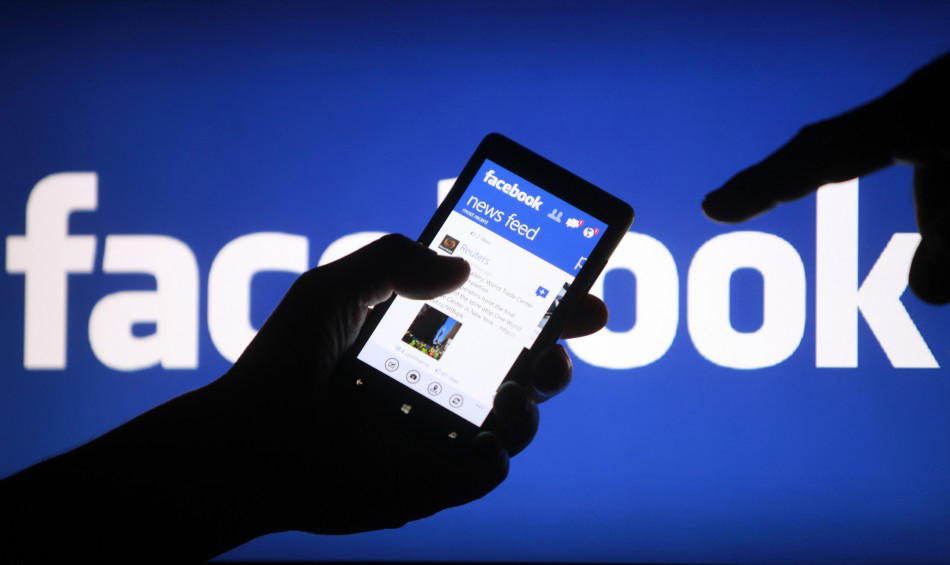Household Bills
Social media plagued by fake reviews

Facebook and Twitter are failing to tackle fake review factories, according to an investigation by Which?
The consumer champion found both social media platforms were enabling the fake and incentivised reviews industry which boosts the ratings of mediocre products sold on Amazon.
Which? uncovered Facebook fake review groups with hundreds of thousands of members between them as well as fake reviews agents on Twitter attempting to get artificial positive ratings for tens of thousands of products being sold on Amazon.
Between June and November 2021, Which? found and joined Facebook fake review groups with relative ease by searching key terms in Facebook’s search bar such as “Amazon five star review” and “free AMZ” – terms people looking for freebies are likely to use.
There were 18 Facebook groups facilitating the trading of fake reviews that collectively had more than 200,000 members. Some of the groups found had been on Facebook since as far back as 2011. This is despite Facebook having repeatedly made commitments to the Competition and Markets Authority (CMA) that it would crack down on this type of activity on its platform.
The groups targeted Facebook users by offering refunds for Amazon products in exchange for five-star reviews, which is against Amazon’s terms and conditions.
Trading, or facilitating the trading of, fake reviews, is a practice which is likely to be in breach of consumer law.
The CMA first started looking at the issue in 2019 so Which? says it is disappointing that problems on Facebook continue, with implications for consumer trust in online reviews.
Within minutes of joining the Facebook groups, Which?’s researchers were offered hundreds of free Amazon items in exchange for five-star reviews.
Products offered varied widely, from hats and gloves to headphones, webcams, fairy lights, birthday balloons and dog beds.
Once within the groups Which? found agents who claimed they were acting on behalf of Amazon Marketplace sellers, often based overseas, posting photos of products that they said they needed top reviews for.
They often used easily decipherable cryptic messages in an attempt to evade detection, such as: “Ne3d R3vi3w Full Fr33 product”.
When Which? searched key terms in Facebook’s search bar, researchers were sometimes met with a message warning that the term was associated with fraudulent activity. But researchers simply clicked continue to carry on the search, raising questions about how effective such warning messages are.
Which? also uncovered evidence of evolving tactics from the review agents. This included ‘free Amazon products’ being offered on Facebook Marketplace, not just on the groups, as well as the sharing of QR codes within Facebook groups to draw potential reviewers on to other messaging platforms.
Which? researchers bought four of the items on offer from different agents on Facebook – a pair of bluetooth headphones, a bluetooth speaker, magnetic eyelashes and a webcam.
Researchers gave honest reviews for all of the products, ranging from two to three stars. As expected, none of the agents would reimburse Which?’s experts for the purchases, and they each tried to pressure them to change reviews to five-star.
When Which? declined to do so, researchers were told they would only get their money back if they gave five stars. One of the agents said they would only earn commission themselves for achieving five-star reviews.
Facebook said that it had proactively removed many of the groups identified by Which? before it was approached by the consumer champion, and that it then swiftly removed the additional flagged groups that violated its policies.
In a separate investigation, Which? also found that fake review issues were rife on Twitter. Using a fake Twitter profile to pose as a potential Amazon product reviewer, Which? searched for phrases such as ‘Amazon freebies,’ ‘Amazon free product seller for good reviews’ and ‘free Amazon products for review’, and unearthed dozens of review agents.
One Twitter review agent shared a spreadsheet of more than 22,000 Amazon listings with Which?’s researchers, and was following almost 800 other Twitter profiles. Another, based in India, told Which?’s team they had ‘more than 10,000’ products for sale on Amazon that they were looking for positive feedback for.
Three profiles were suspended from Twitter for ‘violating’ rules before Which? flagged them as part of its investigation. However, many profiles remained active until Which? flagged them – Twitter said it has since suspended these profiles.
Rocio Concha, Which? director of policy and advocacy, said: “Facebook and Twitter are failing to adequately tackle fake review factories on their platforms, making it easy for unscrupulous firms and fake review agents to evade weak checks by some of the biggest online platforms and shopping sites. This risks seriously undermining consumer trust in online reviews.
“Facebook must prove that it is taking effective action having repeatedly made commitments to the regulator that it would crack down on fake review trading. The CMA should also consider investigating Twitter over this issue.
“The government plans to tackle fake reviews as part of its consumer and competition reforms and should bring forward new laws to banish these exploitative practices as soon as possible.”